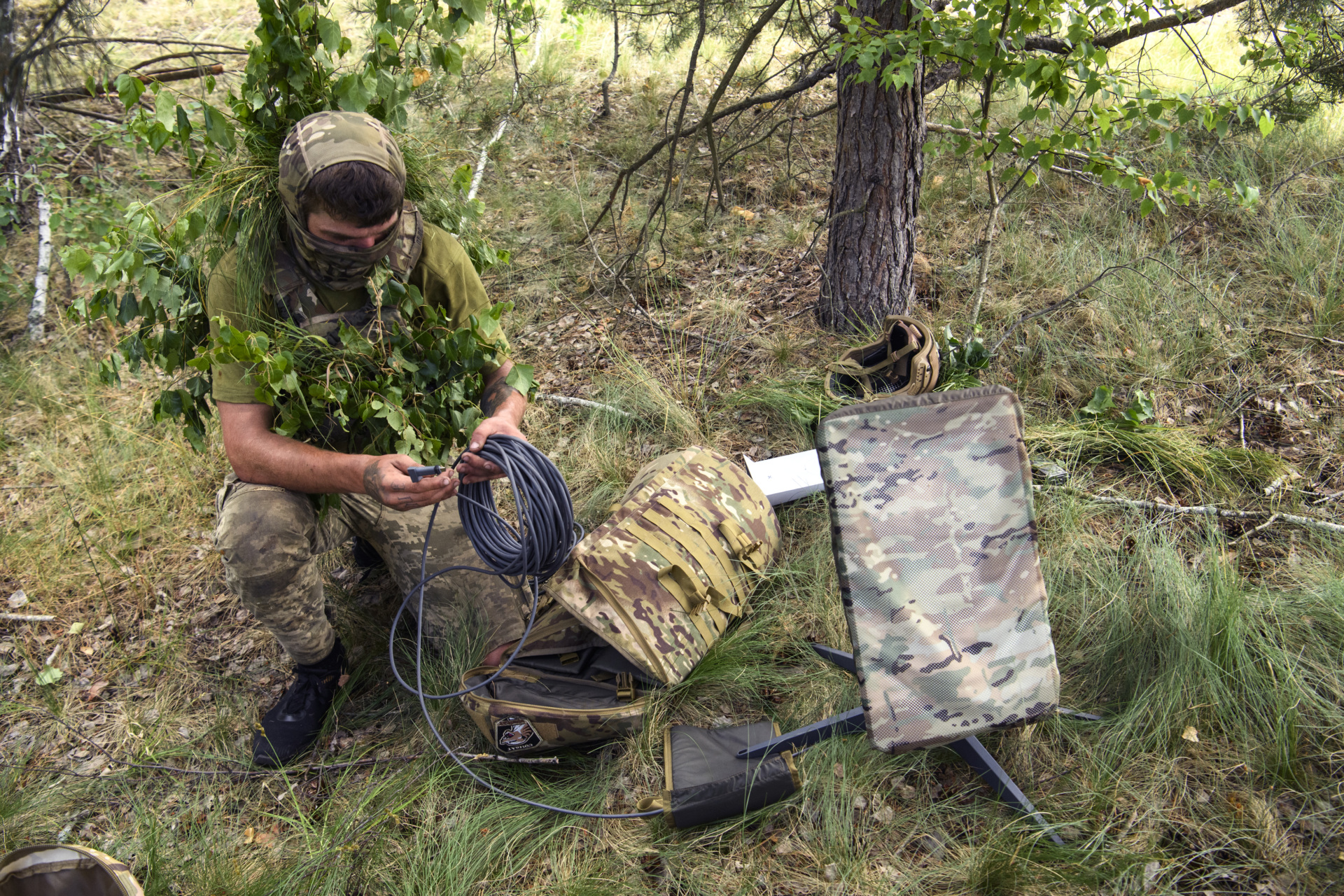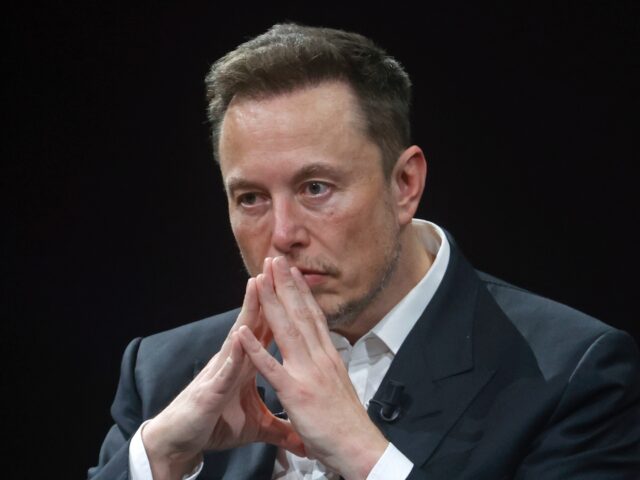A Ukrainian plan to target a Russian naval vessel in the Black Sea was reportedly abandoned after Elon Musk denied Starlink satellite internet access to help facilitate the attack.
Amid increasing efforts from Kyiv to bring the war to the “territory of Russia”, with explosive-laden drones hitting Moscow twice since the weekend, Tesla chief Elon Musk has reportedly personally intervened to prevent his Starlink satellite internet technology from being used to aid in long-range drone attacks.
According to a report from the New York Times, the Commander-in-Chief of the Armed Forces of Ukraine, General Valeriy Zaluzhnyi, recently raised concerns over Musk’s influence over the war with Chairman of the U.S. Joint Chiefs of Staff General Mark Milley, after the latest refusal to assist in a long-distance offensive strike against a Russian ship off the coast of Crimea.
The paper claimed, citing unnamed people “familiar with the situation”, that Musk has restricted access to Starlink on multiple different occasions during the war and that such decisions are the sole discretion of the SpaceX chief. In addition to blocking internet access to facilitate a sea drone attack against the Russian Navy, Starlink has also reportedly been blocked off for Ukrainian forces attempting to recapture territory from the Russians in the Donbas region with geofencing limits being placed around the area.
Earlier this year, Mr Musk said on Twitter: “We are not allowing Starlink to be used for long-range drone strikes.”

A Ukrainian soldier of the 61st Separate Mechanized Brigade uses the Starlink system during military exercises in the Chernihiv region, Ukraine, June 2023 (Photo by Maxym Marusenko/NurPhoto via Getty Images)
For now, it appears that Ukraine does not have much of an alternative, with Starlink having such dominance in the sector that it now comprises around 50 per cent of all active satellites in orbit around the Earth. The European Union has committed 2.4 billion euros last year to build its own satellite internet network, for both military and civilian use, however, it may be some time before it is operational.
Musk has been providing Starlink largely for free to Ukraine since last year, although the U.S. Pentagon has reportedly bought around 400 to 500 terminals to coordinate communications in the country. The tech has become an integral part of the country’s efforts to fight back against the Russians, with the 42,000 Starlink terminals being critical to keeping lines of communication throughout the country operational and have in some ways given Kyiv a strategic advantage over Moscow in terms of response times on the battlefield.
“Without Starlink, we cannot fly, we cannot communicate,” an unnamed Ukrainian deputy commander told the Times.

DONETSK REGION, UKRAINE – 2023/05/31: Member of Ukrainian Army Forces operates Aviation Systems of Ukraine Valkyrja drone designed and produced in Ukraine used for reconnaissance of Russian positions in undisclosed location near town of New York Donetsk region. (Photo by Lev Radin/Pacific Press/LightRocket via Getty Images)
Yet, despite the charitable contribution to the war effort, Mr Musk — who has expressed support for a peace deal between the two countries — has received heavy criticism for his stance of not allowing his technology to be used for what he appears to determine as offensive, rather than defensive strikes.
London’s Daily Telegraph, for example, cited Ulrike Franke, of the globalist European Council on Foreign Relations think tank as saying: “It doesn’t matter how you feel about Musk – no individual should have this power.”
There are mounting concerns over an escalation in the conflict. With Ukraine’s counteroffensive appearing to stall in places against the heavily entrenched Russian forces, Kyiv has apparently made the calculation to increase strikes on the Russian mainland, with two buildings in Moscow being hit by explosive drones since Saturday.
Vladimir Putin said Russia "reserves the right" to deploy cluster bombs if Ukraine uses the weapons supplied by Joe Biden. https://t.co/FfTSiykStq
— Breitbart News (@BreitbartNews) July 16, 2023
Following the breakdown in the Black Sea grain deal, Ukraine also unveiled a fleet of “sea drones”, small unmanned boats filled with explosives operated by remote control that can be used to attack Russian naval vessels off the coast of Crimea, territory illegally annexed by Russia in 2014 that Kyiv has vowed to retake in its counteroffensive.
In the wake of the drone strike in Moscow on Sunday, President Volodymyr Zelensky all but admitted responsibility for the attack, declaring that it was “inevitable, natural and absolutely fair” for Ukraine to hit targets within the Russian mainland.
The Kremlin, for its part, has warned that if Ukraine is successful in recapturing land now considered by Moscow to be its own, Russia will have no other choice but to deploy nuclear weapons.
“If we imagine that the offensive of the [Ukrainian Nazis] with the support of NATO was successful and they seized part of our land, then we would have to… go for the use of nuclear weapons,” said former Russian president Dmitry Medvedev.
Ukrainian Drone Attacks on Moscow Force Airport to Shut Downhttps://t.co/KRQ4r9tLjF
— Breitbart London (@BreitbartLondon) July 30, 2023

COMMENTS
Please let us know if you're having issues with commenting.